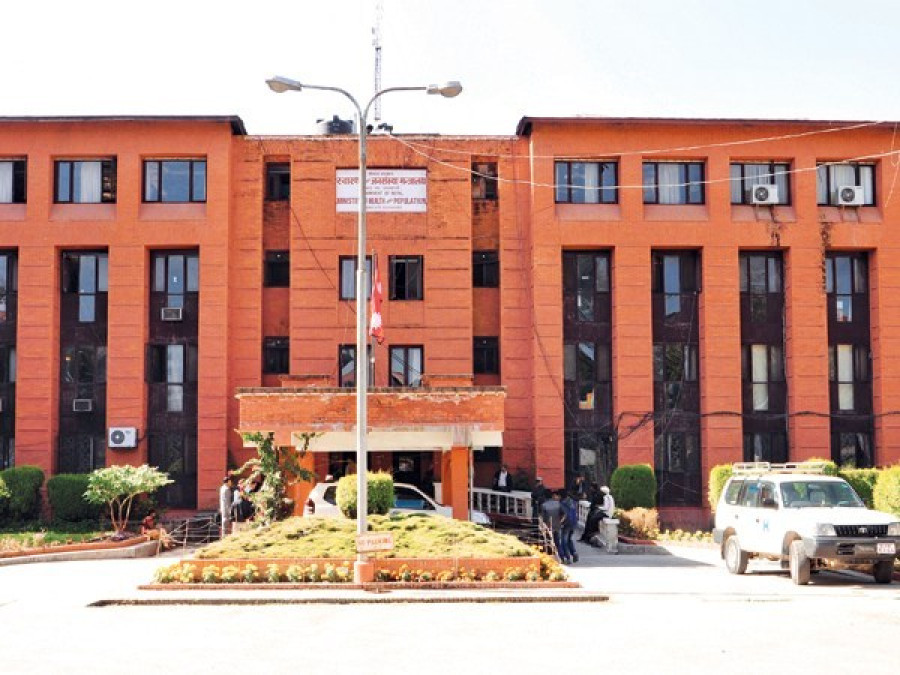Health
Health Ministry requests UNICEF for vitamin ‘A’ supplement
The Ministry of Health and Population has requested UNICEF for vitamin ‘A’ supplements to administer to children between the ages of six months to five years.
Arjun Poudel
The Ministry of Health and Population has requested UNICEF for vitamin ‘A’ supplements to administer to children between the ages of six months to five years.
This is the second time this year the ministry has requested the UN agency for the supplements.
The government has been launching a nationwide campaign twice a year since 2003—in October and in April to administer vitamin ‘A’ supplements to about 2.7 million children in Nepal. The pilot project was launched in 1993 in various districts.
According to the World Health Organization, lack of vitamin ‘A’ causes visual impairment (night blindness) and vulnerability to illnesses like measles and diarrhea among children. Vitamin ‘A’ supplements mitigate the risk of exposure to such diseases.
“The campaign has to be carried on. We cannot put a stop to it because it helps reduce the mortality rate among children in Nepal. Therefore, we put forth our request for the supplements to the UN body,” Mahendra Prasad Shrestha, chief of Health Coordination Division at the ministry, told the Post.
Shrestha, who is also the spokesperson for the ministry, informed that the federal government had allocated budget for the fiscal year 2018/19 to the provinces to purchase medical drugs, including vitamin ‘A’, but the provinces have failed to procure them.
Six out of the seven provinces are yet to start the drug procurement process. Only Sudurpaschim Pradesh has completed the tender process for procurement.
Dr Guna Raj Osti, director at Health Directorate of Sudurpaschim Province, informed that his province had completed the tender to procure vitamin ‘A’ supplements. “The contractor has made a commitment to supply the supplements to our regional medical store in Dhangadi by March 2019,” Osti said.
Nutrition section under Family Welfare Division of the Department of Health Services (DoHS) said that UNICEF has agreed to provide vitamin ‘A’ for April’s campaign. “Six out of the seven provinces have not even started the procurement process so we asked for UNICEF’s help,” Kedar Parajuli, chief of the section, told the Post.
According to him, the six provinces failed to purchase vitamin ‘A’ supplements because of lack of experience and expertise in the process of procurement of medicines through international bidding.
The Management Division of the DoHS, which used to procure essential drugs including vitamin ‘A’ in the past, said that since the seven provinces take part in the procurement process separately, international contractors may not be interested in bidding tenders for small quantities of medical drugs. Dr Surendra Chaurasia of the division said that his office would provide assistance, if sought, to the provinces to procure the drugs, including vitamin ‘A’.
Vitamin ‘A’ deficiency was one of the major public health problems in the past. But with the implementation of the campaign to administer vitamin ‘A’ supplements, the problem is no longer a public health concern. Vitamin ‘A’ supplements is administered by over 50,000 female community health volunteers working throughout the country. The programme has over 94 percent coverage rate—the highest among health campaigns and programmes, according to the Health Ministry.




 9.89°C Kathmandu
9.89°C Kathmandu















